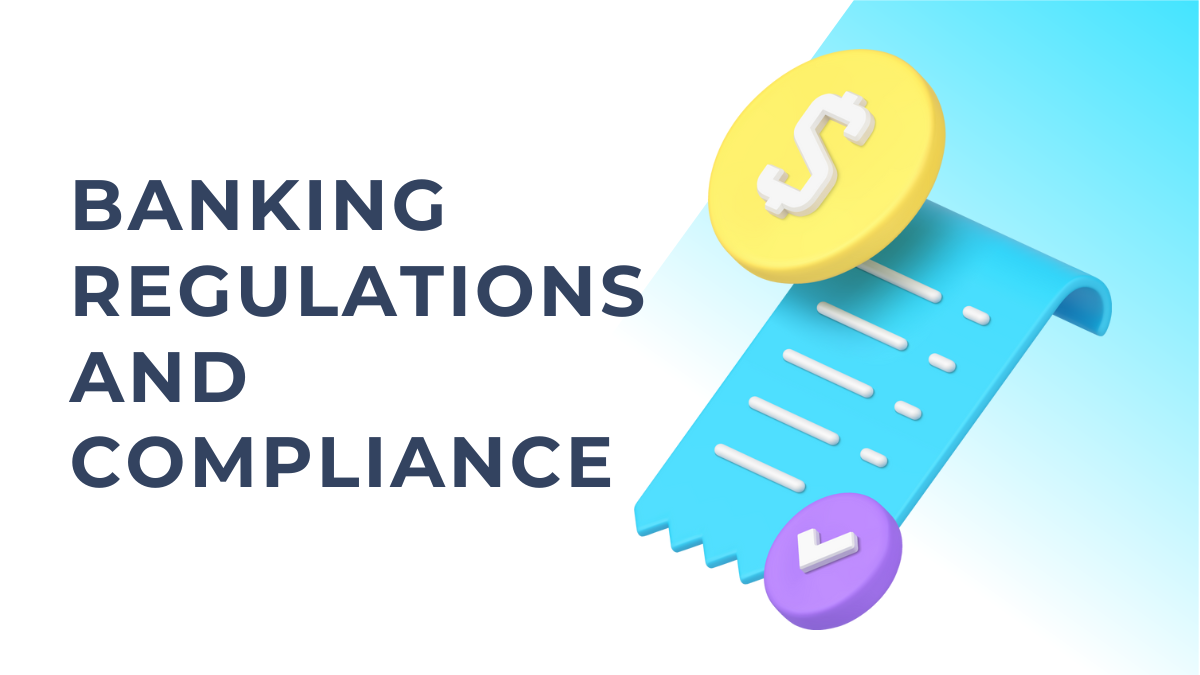In today’s fast‑paced financial world, messaging channels such as WhatsApp, WeChat, SMS, and secure chat platforms have become essential for client communication and internal collaboration. But with evolving regulations from MiFID II and FINRA in the US to GDPR in Europe financial institutions face mounting pressure to monitor, archive, and audit every message. Failure to comply can lead to hefty fines, reputational damage, and operational headaches.
This article dives into 2025’s must‑have strategies for ensuring Financial Messaging Compliance. Whether you’re a compliance officer, IT leader, or C‑suite executive, these actionable tactics will help you build a robust, future‑proof framework.
1. Embrace Comprehensive Archiving & Supervision
Why It Matters
Regulators require you to capture, store, and retrieve every client‑related message across voice, text, and multimedia channels—for periods ranging from five to seven years (depending on jurisdiction).
Strategy
- Unified Archive Platform: Consolidate messages from email, chat apps, social media, and voice calls into a single, tamper‑proof repository.
- Automated Supervision Rules: Use keyword detection, sentiment analysis, and pattern recognition to flag potential breaches (insider trading, unauthorized advice) in real time.
- Audit‑Ready Retrieval: Implement indexed search and export features so Messaging Compliance teams can respond to regulator requests within hours, not weeks.
2. Implement AI‑Powered Risk Detection
Why It Matters
Manual review of thousands of messages per day is resource‑intensive and error‑prone. AI can dramatically accelerate and improve accuracy.
Strategy
- Natural Language Processing (NLP): Train models on financial jargon and regulatory rulebooks to identify high‑risk content (e.g., forward‑looking statements).
- Anomaly Detection: Leverage machine learning to spot unusual communication patterns—like after‑hours trading discussions or sudden volume spikes between key employees.
- Continuous Model Tuning: Regularly retrain your AI on new data and flagged incidents to reduce false positives and stay current with evolving language.
3. Enforce Centralized Policy Management
Why It Matters
Consistency is critical. If each department uses its own rules, you risk gaps in coverage and inconsistent enforcement.
Strategy
- Single Source of Truth: Store all Messaging Compliance policies, regulatory requirements, and internal guidelines in a centralized policy engine.
- Role‑Based Access Controls: Define who can view, approve, or escalate messages based on job function (traders, advisors, support staff).
- Automated Policy Updates: When regulations change—such as new anti‑money laundering (AML) directives push policy revisions automatically to all monitoring and archiving systems.
4. Secure End‑to‑End Encryption Without Losing Visibility
Why It Matters
Clients demand privacy, and many messaging apps offer end‑to‑end encryption. Yet Messaging Compliance teams must still review and archive content.
Strategy
- Enterprise Key Management: Deploy in‑house encryption keys so you can decrypt messages for compliance, but clients remain confident in data protection.
- API‑Based Capture: Integrate directly with messaging APIs (e.g., WhatsApp Business API, Microsoft Teams Graph API) to ingest decrypted messages before they’re stored.
- Immutable Audit Trail: Record every decryption event in a tamper‑proof ledger, ensuring that only authorized compliance officers ever access the content.
5. Integrate with Your Core Systems
Why It Matters
Data silos undermine compliance. Your messaging archive needs to integrate smoothly with trade repositories, CRM systems, and risk‑management platforms.
Strategy
- Bi‑Directional Sync: Allow your WMS or trading platform to tag messages with account numbers, trade IDs, or ticket numbers improving context and traceability.
- Cross‑Platform Dashboards: Build unified dashboards that show messaging alerts alongside trade exceptions, market data anomalies, and audit logs.
- Automated Escalation: When a high‑risk message is detected, instantly create a case in your incident‑management or ticketing system and notify the right stakeholders.
6. Conduct Regular Training & Simulations
Why It Matters
People are often the weakest link. Phishing scams, accidental off‑channel advice, or misguided humor can all trigger compliance breaches.
Strategy
- Interactive E‑Learning Modules: Offer bite‑sized, scenario‑based training that covers approved vs. prohibited topics for each channel.
- Tabletop Exercises: Simulate regulator audits, data‑breach investigations, and messaging‑related crises to stress‑test your processes.
- Certification & Tracking: Require annual recertification for all staff, with completion milestones tracked in your learning‑management system (LMS).
7. Adopt a “Communications Lifecycle” Mindset
Why It Matters
Financial Messaging Compliance isn’t a one‑off checkbox; it’s an ongoing cycle from message creation to archival to eventual disposal.
Strategy
- Creation & Classification: At the moment a message is sent or received, automatically classify it by risk level and metadata (client ID, trade ID).
- Real‑Time Monitoring: Continuously scan for policy violations and route suspicious content to compliance officers.
- Archival & Retention: Archive messages in an immutable store, tagging them with retention schedules (e.g., 7 years for client advice).
- Review & Audit: Periodically sample archived messages to verify policy adherence and fine‑tune detection rules.
- Disposition & Deletion: After the retention period, automatically purge messages—while documenting the deletion for audit purposes.
8. Leverage Cloud‑Native, Compliant Infrastructure
Why It Matters
Cloud providers offer robust security, scalability, and geographic redundancy, but you must choose configurations that meet financial‑industry standards.
Strategy
- ISO/IEC 27001 & SOC 2 Type II: Select a cloud vendor certified to these standards for information security management.
- Data Residency Controls: Ensure data is stored in approved geographies (e.g., EU‑hosted for GDPR compliance).
- Automated Backups & Failover: Implement cross‑region replication and regular backup tests to guarantee 99.99% uptime and rapid disaster recovery.
9. Prepare for Regulatory Change & Emerging Channels
Why It Matters
The messaging landscape evolves new apps, new features, new regulations. Your solution must be agile.
Strategy
- Modular Architecture: Build your Messaging Compliance stack using microservices that can be updated independently.
- Continuous Regulatory Watch: Maintain a dedicated team or partner with a policy‑intelligence provider to track rule changes in MiFID III, CFTC, FCA updates, and data‑privacy laws worldwide.
- Pilot New Channels: Before adopting a new messaging platform, run controlled pilots to validate capture, supervision, and archival capabilities.
10. Partner with Experts & Managed Services
Why It Matters
In‑house builds can be costly and time‑intensive. Compliance vendors specialize in staying ahead of regulations and technology shifts.
Strategy
- FinChat.tech : Evaluate specialist providers who offer out‑of‑the‑box Financial Messaging Compliance for WhatsApp, WeChat, Telegram, and other channels complete with archiving, AI supervision, and audit tools.
- Managed Messaging Compliance Services: Outsource day‑to‑day monitoring and reporting to certified experts, freeing your team to focus on policy and governance.
- Integration Support: Work with implementation partners who can stitch together messaging, trading systems, and data warehouses in weeks, not months.
Conclusion
Financial Messaging Compliance in 2025 demands a holistic, technology‑driven approach. From AI‑powered risk detection and end‑to‑end encryption to unified archiving and continuous training, the strategies outlined above will help you build a resilient, auditable framework that scales with your business and adapts to new regulations and channels.
Key Takeaways :
- Centralize archiving and supervision.
- Leverage AI for real‑time risk detection.
- Enforce consistent policies via a policy engine.
- Balance encryption with visibility through enterprise key management.
- Integrate messaging compliance with core trading and CRM systems.
- Train, simulate, and certify your teams regularly.
- Adopt a communications‑lifecycle mindset.
- Choose cloud‑native, compliant infrastructure.
- Stay agile for new channels and regulatory changes.
- Partner with specialist vendors to accelerate time‑to‑compliance.
By following these best practices, you’ll not only avoid costly fines but also gain a competitive edge through faster responses, improved customer trust, and more streamlined operations. It’s time to transform your compliance challenge into a strategic opportunity—before your competitors do.











